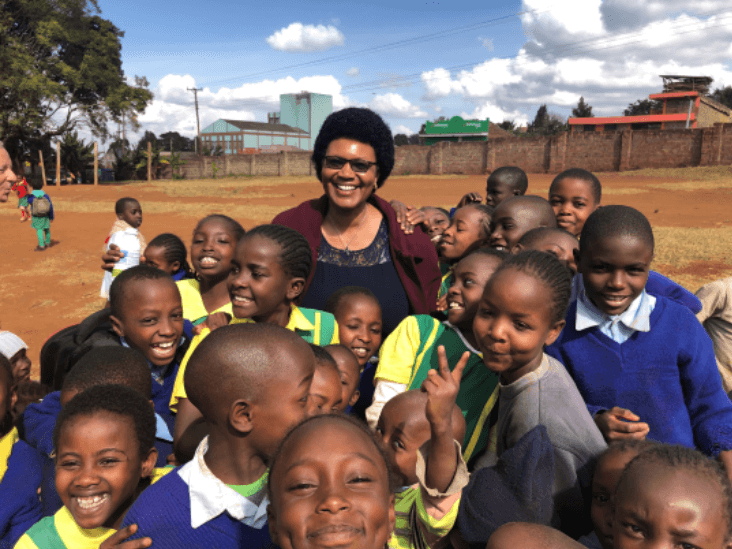Center for Health and Hope: The Gift of H.O.P.E.

Project Information
Providing essential care for 100 AIDS orphans in Meru, Kenya
Describe the need affecting community
How will this Advance project help to address the need?
The Gift of H.O.P.E. (Helping Orphans by Providing Essentials) is a project of the Center for Health, and Hope in partnership with the Kaaga Synod of the Methodist Church of Kenya. The Center for Health and Hope supports and advocates for persons infected and affected by HIV and AIDS around the world through programs of education, prevention, care, and treatment. The Center addresses issues related to HIV and AIDS stigma, discrimination, and poverty. Currently the Center supports 260 AIDS orphans each year in a community-based program. This Advance project seeks to assist 100 more vulnerable children. The money raised through this project will assist the Kaaga Synod of the Kenya Methodist Church to care for AIDS orphans, and to encourage HIV education, prevention, care and treatment. None of the funds raised will be retained for administrative costs in the United States.
Describe the primary goal of the project
The aim of impact of this project is to ensure 100 more AIDS orphans receive Christian care that includes at least these six life essentials: health care (including access to HIV treatment as needed), shelter, nutrition, education, safety, and personal support. Currently 260 children are being helped while they are completing primary and secondary school. This community-based program does not operate like an orphanage, but keeps children within their own communities and within their own extended families.
Describe the change you would like to see in the community as a result of this Advance project
Changes we already see are 260 children not living in the streets, but having opportunities for education, nutrition, care, and support. Further, the deep involvement of the church in the community has significantly helped in reducing stigma, and discrimination and has made the church a vital positive force for education, prevention, and care. Once when I visited the project, a man said to me that he now knew what Methodism means: “love in action.”

